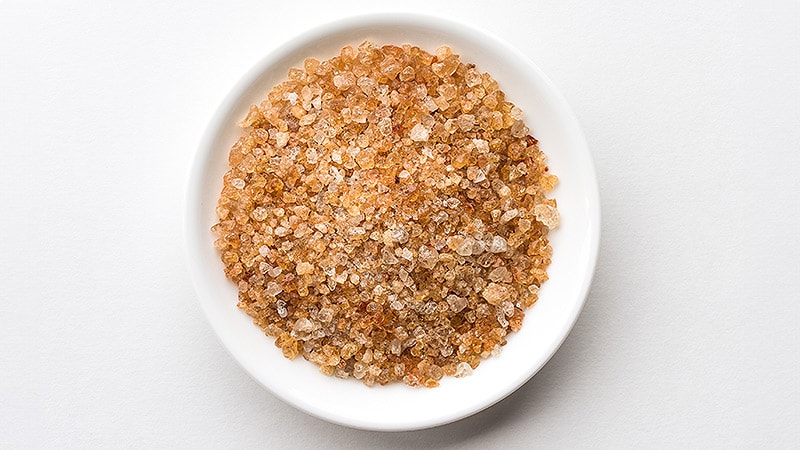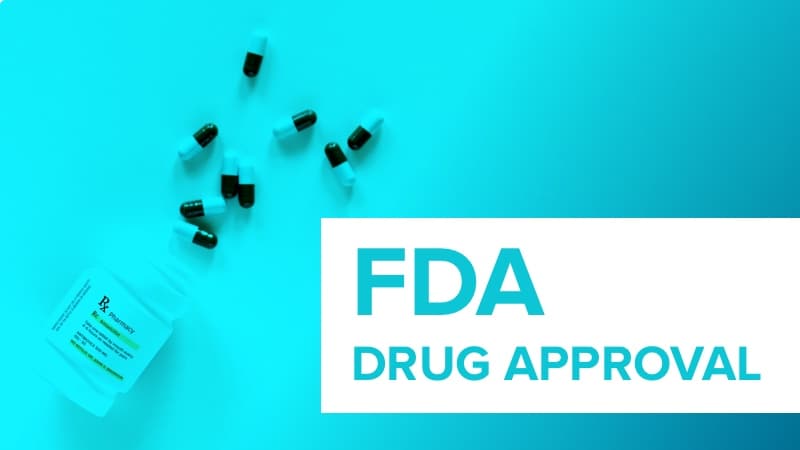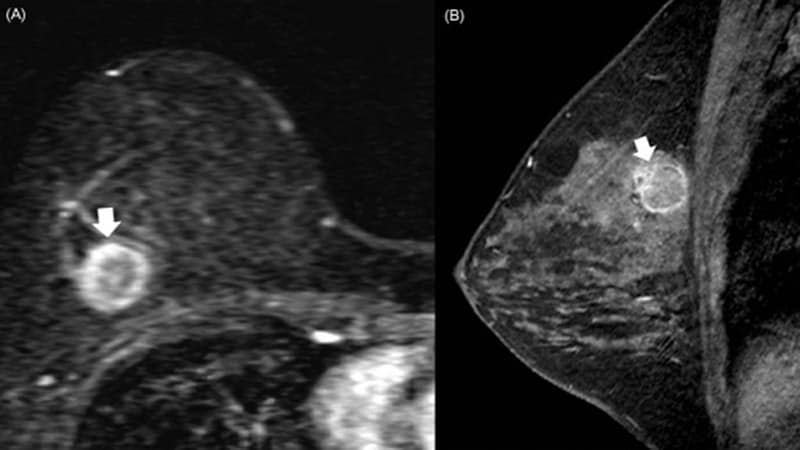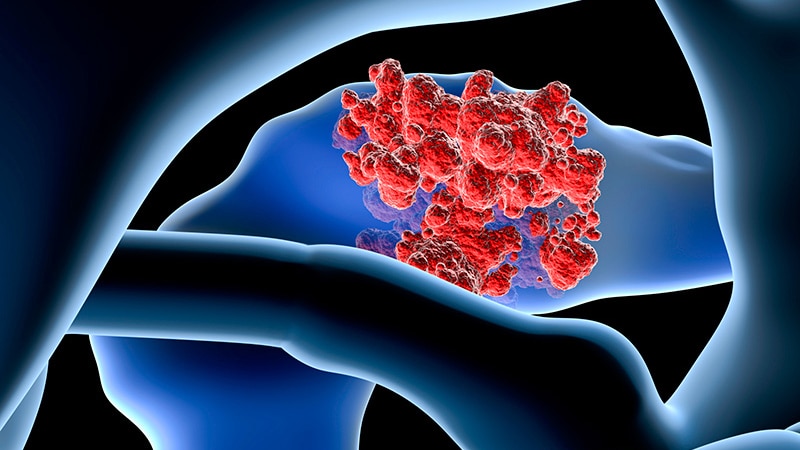How did cholesterol denialism become a pseudoscience? It happened so slowly that many of us didn't notice. But somewhere along the way, cholesterol deniers stopped questioning the scientific evidence and started denying it.
 Christopher Labos, MD CM, MSc
Christopher Labos, MD CM, MScIf you weren't paying attention, the jump from reservations about the cost effectiveness of widespread statin use to antivaccine rhetoric would be jarring. The pandemic didn't help and probably exposed latent personality traits that might otherwise have gone unnoticed. But cholesterol denialism is fascinatingly distinct from most other pseudosciences because, until fairly recently, many of these concerns were not unjustified. This isn't a story of scientific fraud or of celebrity influencers spouting nonsense on social media. This is a story of smart people who could not change their minds.
Although I'm young enough to view much of the "cholesterol wars" with the objective dispassion of an amateur historian, many of the ongoing issues survived into my training. I am vaguely aware of The Atlantic cover from 1989 that proclaimed, "The Cholesterol Myth: lowering your cholesterol is next to impossible with diet, and often dangerous with drugs — and it won't make you live longer." I have a living memory of claims that statins worked not because they lowered low-density lipoprotein cholesterol (LDL-C) but because they had as-yet undiscovered pleiotropic effects. I remember widespread derision of the idea that we should put statins in the drinking water (although these claims were taken too seriously by the internet). But although I can remember these things, I also know that these debates largely belong in the past.
Out of consideration for the attention span of the modern reader, this history will be brief and incomplete. I will skip over the work of John Gofman, Carl Müller, and others, with my deepest apologies. Those interested in a more detailed account should read Daniel Steinberg's 5-part series in the Journal of Lipid Research or his book The Cholesterol Wars: The Skeptics vs the Preponderance of Evidence. For now, we will highlight key moments when skepticism about cholesterol's role in atherosclerosis should have been jettisoned.
High Cholesterol Bad for Rabbits
Even as far back as 1913, it was becoming clear that this thing called cholesterol had something to do with plaque formation in arteries. Nikolaj Anitschkow's experiments in rabbits showed that those fed a high-cholesterol diet developed more atherosclerosis in their aortas. Steinberg makes the case that Anitschkow probably deserved a Nobel Prize for his discovery. But he couldn't replicate the results in other species, so many people dismissed his results. In retrospect, Anitschkow was right, but would you have accepted the results of animal studies without corroborating evidence in humans? In 1913, you probably would have (and should have been) a cholesterol skeptic.
Though Anitschkow's work was largely ignored, it became impossible to ignore the soaring rates of heart disease observed through the 20th century. A cause and solution had to be found. It was the era of the big epidemiologic studies that defined many of the traditional risk factors that define current medical practice. The Framingham Heart Study is the longest-lasting and arguably the most famous such study (and bears the distinction of having coined the term "risk factor"). The Framingham study identified high serum cholesterol, high blood pressure, and smoking as cardiac risk predictors, thus giving birth to the Framingham Risk Score. However, the epidemiologically astute among you would point out that no observational study can prove that an association is causal. High cholesterol might be a useful predictor of cardiac risk but may not necessarily be a factor that needs treatment. If you had said that in the 1960s, your criticism would have been appropriate.
Still, the evidence was compelling enough for the next phase of cholesterol research: the diet studies. If you could establish that lowering cholesterol — and in the absence of effective medications, diet was the only way to lower cholesterol — reduced cardiovascular risk, then you would go a long way to proving the lipid hypothesis. The 1970s saw the publication of the Oslo Diet-Heart study and the Finnish Mental Hospital Study. Both showed a cardiovascular benefit to lowering cholesterol.
But a trio of British studies testing corn oil, a low-fat diet, and soya bean oil did not. In retrospect, we can now appreciate that diet is an impractical way to lower cholesterol. The reduction is small relative to our modern medicines, and dietary interventions are hard to sustain in the long term. Still, the early diet studies lent credence to the lipid hypothesis: If you lower cholesterol, you have fewer heart attacks. But at the time, the inconsistency of the benefit provided room for doubt.
Early Lipid-Lowering Drugs
The advent of cholesterol-lowering medication changed the game. Medications can be tested in randomized placebo-controlled trials and can be rolled out to large populations relatively easily. It was unfortunate that the first cholesterol medications to be tested, clofibrate and cholestyramine, were not great by modern standards.
Clofibrate reduced cholesterol by a fairly modest margin. It reduced myocardial infarctions (MI) overall, but did not decrease fatal MIs. In fact, total mortality was overall higher in the treatment group, though this was probably a random observation. Cholestyramine fared slightly better in the Coronary Primary Prevention Trial. There was again a clear association between LDL-C lowering and a reduction in cardiovascular events. But the reduction in cardiovascular and all-cause mortality was too small to meet the statistical threshold for significance used in the study. All-cause mortality was lower with cholestyramine and thus reassured people that cholesterol lowering was not dangerous as was suggested by the clofibrate study. However, more deaths in the cholestyramine group were classified as violent or accidental deaths (11 vs 4 deaths).
In the cholestyramine group, six of the deaths were classified as homicides or suicides and the other five were automobile accidents. Although statistically significant, we can now look back and acknowledge that these differences were probably the play of chance. But at the time, there was a concern that cholesterol lowering could affect brain function, and this concern is often repeated to this day despite a lack of evidence. That a lipid drug would drive you to suicide or make you crash your car is somewhat improbable. Why it would make you the victim of a homicide was never fully explained.
The conclusion we should have drawn from these studies is that lowering cholesterol lowers the risk of having a heart attack. But the mortality benefit was small and possibly outweighed by the side effects of these medications. You could have doubts about the value of these particular pills to treat large populations, but it should have been clear that lowering cholesterol was something we needed to start doing.
Except, not everyone thought that way. Being able to accept the underlying pathophysiologic mechanism while acknowledging the suboptimal nature of the medications at your disposal is not an easy balancing act, and the opinions of many veered more towards the Atlantic cover declaring cholesterol a "myth." To be fair, the Atlantic article was not completely wrong. Lowering cholesterol through diet is hard (though maybe not next to impossible), and the medications at that time did have an unfavorable side effect profile (though calling them dangerous was a bit alarmist). And the authors were right, if a bit nihilistic, to point out the lack of a mortality benefit. I think that preventing heart attacks is still something to be desired.
Statins and Settled Science
The arrival of statins should have settled matters. The Scandinavian Simvastatin Study (4S) showed that lowering cholesterol not only prevented heart attacks but also reduced cardiovascular and all-cause mortality. Twenty-six randomized studies later, it's hard to come up with a credible reason for why you think cholesterol has nothing to do with heart disease.
Although perhaps there was something special about statins? Perhaps statins had anti-inflammatory properties or some other off-target effects that reduced cardiovascular disease by some noncholesterol mechanism. It wasn't implausible. In fact, the 2013 American College of Cardiology/American Heart Association guidelines on managing blood cholesterol boldly recommend fixed-dose statins rather than treating to a specific LDL-C target. It was controversial, but not unreasonable. Because statins were the only medication with a proven track record of benefit, might as well just give people the max dose (as was done in the studies that informed the guidelines) and walk away.
This made sense to me at the time. But things changed. Statins aren't the only tool in the toolkit anymore. Run a meta-regression of cholesterol trials involving both statin and nonstatin medications and you see a very linear association. In short, if you lower LDL-C, you reduce cardiovascular risk. The mechanism of lowering is irrelevant. Statins, believe it or not, work by lowering cholesterol. Any pleiotropic effect is probably minimal. The new cholesterol medications such as PCSK9 inhibitors have also proven another point. We can lower cholesterol to unheard-of depths with no safety risk.
There are still many debates we can have in the cholesterol arena. How can we identify who benefits most from treatment? Should we update risk scores with biomarkers, or coronary calcium, or genetic risk scores? Is apolipoprotein B better than LDL-C as a target for treatment? How do we deal with the rising costs of some medications? We could spend days debating these points, but we can't keep rehashing debates of the past.
Don't like statins? Many myalgia symptoms with statins might be due to the nocebo response. But even if you have side effects, just try something else. There was a time when you could have doubts about the role of cholesterol in heart disease. But you should have changed your mind by now. I have. Denying the lipid hypothesis is no longer valid scientific skepticism; it's pseudoscience.
Christopher Labos is a cardiologist with a degree in epidemiology. He spends most of his time doing things that he doesn't get paid for, like research, teaching, and podcasting. Occasionally he finds time to practice cardiology to pay the rent. He realizes that half of his research findings will be disproved in 5 years; he just doesn't know which half. He is a regular contributor to the Montreal Gazette, CJAD radio, and CTV television in Montreal and is host of the award-winning podcast The Body of Evidence.

.webp) 2 weeks ago
6
2 weeks ago
6
























 English (US)
English (US)